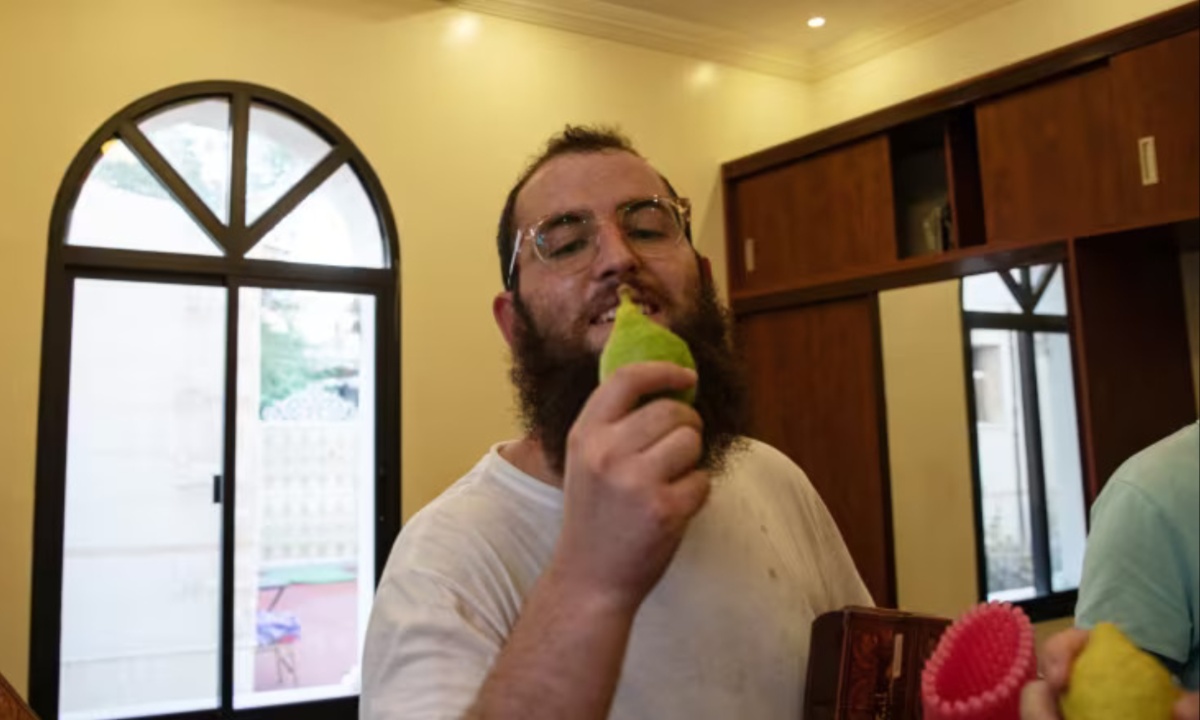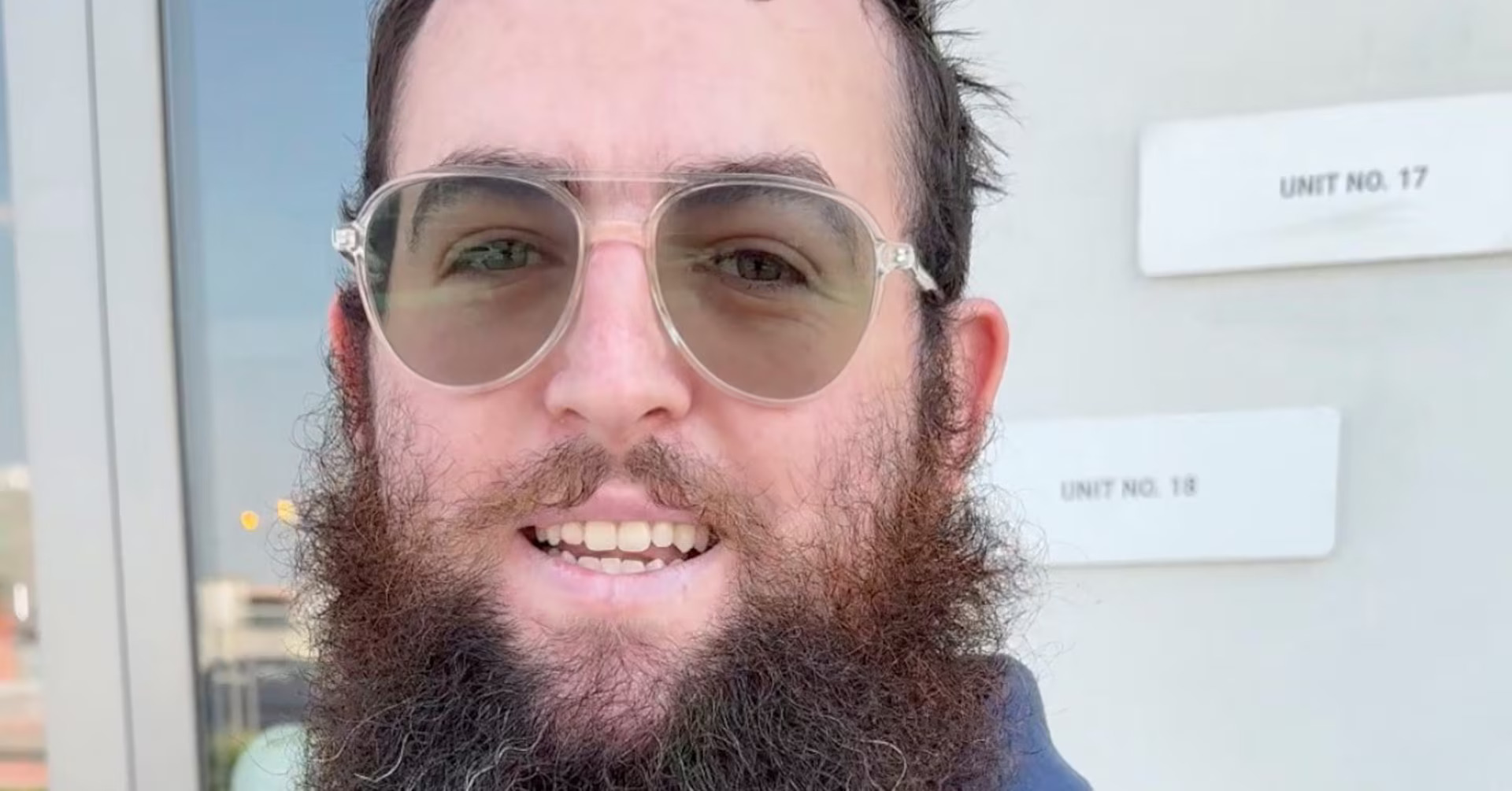Rabbi Zvi Kogan, a 28-year-old Israeli and Moldovan citizen living in Dubai, was confirmed dead after being reported missing by his wife. Israel described his death as an act of antisemitic terrorism, with evidence pointing to his abduction and murder.
Kogan had moved to Dubai in 2022 to lead the Jewish community and was an emissary of the Chabad Lubavitch movement. His murder prompted strong condemnation from Israel and the United Arab Emirates, which arrested three suspects and pledged severe legal action against the perpetrators.
The New York Times initially reported Kogan’s death with a headline suggesting he was “found dead” after disappearing in Dubai. This framing drew heavy criticism for downplaying the violent and antisemitic nature of the incident.
Critics from various sectors, including politicians like Andrew Cuomo and Ritchie Torres, condemned the newspaper’s wording, urging it to explicitly acknowledge the act as a targeted killing motivated by antisemitism. The Times later revised the headline to reflect the kidnapping and murder but faced continued backlash for its initial language.

Rabbi Zvi Kogan Murdered in Dubai in Antisemitic Attack Drawing Global Condemnation and Calls for Justice
Prominent figures and organizations denounced the Times for what they perceived as a recurring pattern of minimizing antisemitic violence. Former Illinois Congressman Joe Walsh and others pointed out the misleading implications of the original headline, while Israeli policy expert Aviva Klompas emphasized that Kogan was targeted and murdered for being Jewish. These critiques reflected broader frustrations with media portrayals of antisemitic incidents, with demands for more accurate and transparent reporting.
The United Arab Emirates responded to the murder by arresting three suspects and reiterating its commitment to national security and social stability. The UAE’s government vowed to use all available legal measures to hold those responsible accountable, aligning with Israel’s parallel commitment to pursue justice for Kogan’s death. The murder has drawn attention to security concerns for Jewish communities in the region, even as relations between Israel and the UAE have improved in recent years.
Kogan’s death highlights his role as a central figure in Dubai’s Jewish community, where he managed the city’s only kosher grocery store, Rimon Market. The store, located on Al Wasl Road, had previously faced anti-Israel protests, underscoring the challenges Jewish residents face in the region. Kogan’s wife, Rivky, a U.S. citizen and relative of victims of the 2008 Mumbai attacks, now mourns her husband in the wake of this act of terrorism. The tragedy has prompted renewed calls for vigilance and unity against antisemitism worldwide.











































